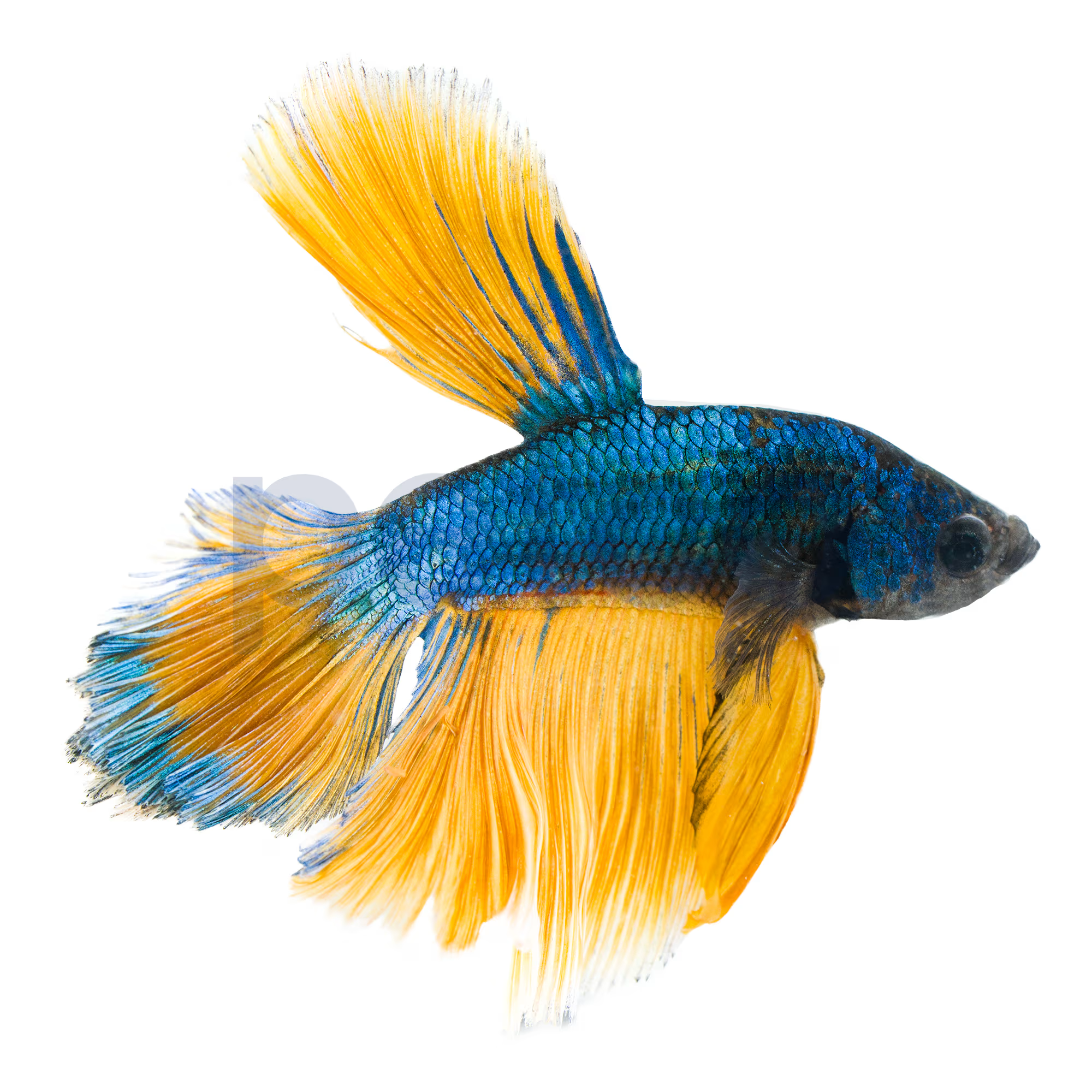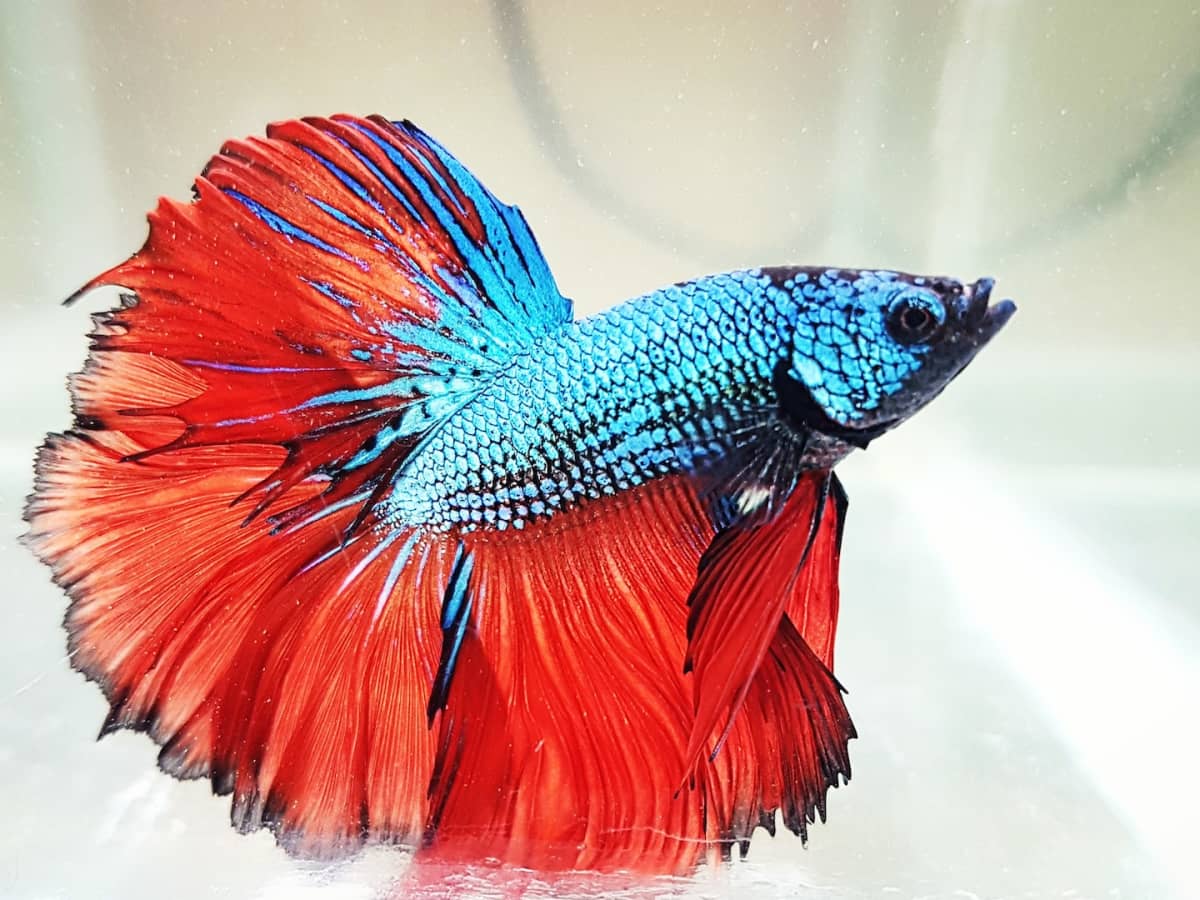The Ultimate Betta Fish Treatment Overview for New Family Pet Owners
The Ultimate Betta Fish Treatment Overview for New Family Pet Owners
Blog Article
Everything About Betta Fish: Understanding Their One-of-a-kind Requirements, Behavior, and the very best Practices for Optimal Treatment
Understanding the one-of-a-kind requirements and behaviors of Betta fish is crucial for any type of aquarist looking to give ideal care. These exciting creatures, indigenous to the warm waters of Southeast Asia, show unique territorial tendencies and call for particular ecological conditions to grow. From selecting the right tank dimension to acknowledging potential wellness issues, numerous aspects considerably affect their wellness. As we discover these aspects even more, the effects for both newbie and experienced fish caretakers end up being increasingly evident, elevating concerns concerning exactly how best to suit these remarkable fish in our homes.
Betta Fish Review
Although frequently admired for their lively colors and moving fins, Betta fish, scientifically recognized as Betta splendens, are intricate animals that require specific like prosper. Originating from Southeast Asia, these freshwater fish are understood for their territorial nature and distinct behaviors. Betta fish show sex-related dimorphism, with men showing much more vibrant colors and longer fins than females.
Their hostile propensities, especially among males, necessitate mindful factor to consider when real estate them. Bettas are usually maintained in single-specimen containers to stop territorial conflicts. They can coexist in harmony with particular compatible species in bigger neighborhood storage tanks, provided the environment fulfills their requirements.

To make sure optimum care, aquarists should recognize their one-of-a-kind behavior traits, dietary requirements, and habitat demands. betta fish. With appropriate focus, Betta fish can display their lively individualities and prosper in a well-maintained aquarium setup
All-natural Environment and Setting
Betta fish thrive in a varied array of all-natural habitats, mainly discovered in the shallow waters of Southeast Asia, including rice paddies, swamps, and slow-moving streams. These environments are defined by cozy temperatures, normally between 75 ° F and 82 ° F(24 ° C and 28 ° C ), and a pH level ranging from 6.5 to 7.5, which is optimal for their health and wellness and wellness.
In their natural environments, Betta fish are accustomed to dense greenery, supplying both sanctuary and reproducing premises. The existence of plants such as floating water lilies and thick yards not only offers defense from killers yet additionally adds to the oxygenation of the water, which is necessary for their respiratory system requirements. Furthermore, these atmospheres typically have areas of still water, allowing Betta fish to exhibit their natural actions such as bubble nesting.
Comprehending the natural habitat of Betta fish is crucial for fish tank fanatics. Reproducing these problems-- with water temperature, pH equilibrium, and the addition of real-time plants-- can dramatically improve the overall wellness and durability of these captivating fish, guaranteeing they thrive in a home fish tank setting.
Social Behavior and Communications
Understanding the social actions and interactions of Betta fish is essential for effective aquarium monitoring. Betta fish, or Siamese combating fish, are known for their special behavioral attributes, defined mainly by territoriality and aggressiveness. Males, specifically, show very aggressive actions towards one an additional, resulting in the infamous track record of Betta fish as fighters. In a confined area, 2 males can take part in violent fights, often causing injury or death.
Conversely, female Bettas exhibit less aggressive behavior and can exist together in groups, understood as sororities, if introduced correctly. Nevertheless, it is vital to check their communications carefully, as pecking order and supremacy can result in conflicts. Comprehending the dynamics within a Betta community is vital; developing concealing areas and making sure sufficient space can mitigate aggressiveness.
In enhancement, Betta fish may also present inquisitiveness and social go to this web-site habits towards other varieties. While they can exist side-by-side with specific non-aggressive tank mates, it is important to learn this here now pick suitable species to stay clear of stress and aggressiveness. Generally, acknowledging these social communications is crucial to promoting a harmonious aquarium atmosphere for Betta fish.
Important Treatment Guidelines
Providing appropriate look after Betta fish is critical to their health and wellness and health. To make sure a thriving setting, it is necessary to keep ideal water problems. The water temperature need to be kept in between 76 ° F and 82 ° F(24 ° C to 28 ° C), while pH levels need to range from 6.5 to 7.5. Regular water modifications-- roughly 25% once a week-- help preserve water quality.
Betta fish require an appropriate container dimension; a minimum of 5 gallons is suggested to provide appropriate room for swimming and hiding. Include designs and plants to develop a revitalizing environment, however prevent Recommended Site sharp things that could harm their delicate fins.

Finally, guarantee the tank is geared up with a filter to keep the water tidy, yet utilize a gentle filter to prevent strong currents that can emphasize the fish. By adhering to these crucial treatment guidelines, proprietors can advertise a healthy and dynamic Betta fish.
Common Health Issues and Solutions
In the care of Betta fish, recognition of typical health issues is essential for maintaining their health. One widespread concern is fin rot, often triggered by inadequate water top quality or bacterial infection. Signs consist of frayed or stained fins. To deal with fin rot, boost water problems and take into consideration utilizing a broad-spectrum antibiotic.
Another typical disorder is ich, a parasitic infection identified by white spots on the fish's body (betta fish). Therapy involves boosting water temperature level and adding fish tank salt to the tank, as this can help remove the parasite
Swim bladder condition is additionally frequently observed, causing buoyancy troubles. This condition might emerge from overfeeding or bowel irregularity. A fasting period of 24-48 hours, complied with by a diet regimen of blanched peas, can provide relief.
Last but not least, bettas might experience from velour disease, indicated by a gold dust-like look on their skin. Therapy generally needs drug specifically developed for outside bloodsuckers, alongside improved storage tank health.
Normal monitoring of water specifications, preserving a tidy setting, and offering a balanced diet plan are critical safety nets. By resolving these health issues immediately, Betta fish can lead much healthier, extra vibrant lives.
Final Thought
In recap, effective betta fish treatment needs an understanding of their one-of-a-kind needs and behaviors. Providing a suitable environment, including suitable storage tank size and water conditions, is necessary for their health. In addition, recognizing their territorial nature and making sure ample concealing places can prevent aggression. Normal surveillance of health and water top quality, along with a balanced diet, contributes to the long life and vibrancy of betta fish. Abiding by these guidelines will cultivate a growing water community for these captivating animals.
Report this page